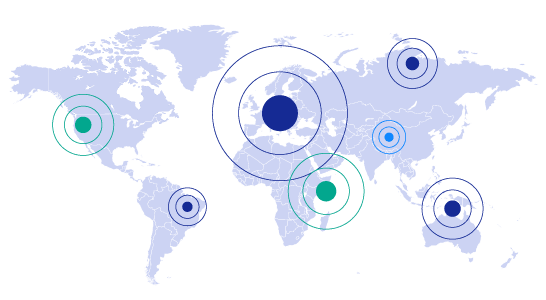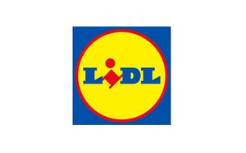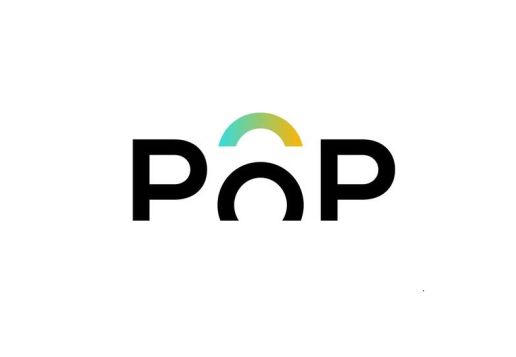Mandatory E-invoicing in the Philippines. Is your company ready?
Get a breakdown of the Philippines’ technical formats and deadlines as part of your comprehensive guide to the 70+ global mandates currently in motion.
Get a breakdown of the Philippines’ technical formats and deadlines as part of your comprehensive guide to the 70+ global mandates currently in motion.

E-invoicing in the Philippines has undergone several changes in the last few years regarding its e-invoicing guidelines. In 2018, the Philippines launched Tax Reform for Acceleration and Social Inclusion (TRAIN). According to it, large taxpayers and exporters are required to start issuing e-invoices and receipts and reporting sales data to the Tax Office (BIR) at the point of sale within five years of the introduction of the TRAIN Act.
As announced by the Internal Revenue (BIR), from 2024, it is planned to extend the mandatory electronic invoicing to all major taxpayers in the Philippines. This is another step in the implementation of the e-invoicing system (EIS), as it is the basis for mandatory electronic invoicing by the 100 largest taxpayers for whom mandatory e-invoicing for government invoices (B2G) was introduced from July 2022.

The Bureau of Internal Revenue (BIR), the governing body in the Philippines responsible for collecting over half of the total government revenue, is steadily moving toward a more involved model that resembles a system used in South Korea.
Tax Office (BIR) is responsible not only for the implementation of the project in accordance with the Tax Ordinance. The aim of its activities is, in addition to reducing VAT fraud, also to bring business benefits to enterprises, such as optimizing settlement processes with the tax authority. The entire enterprise follows the after-world trend of digitizing tax systems.
 2022
2022Mandatory e-invoicing for government invoices (B2G)
 2026
2026Taxpayers in scope were initially required to comply with the obligation from March 2026. However, with this extension, taxpayers will have until 31 December 2026 to comply with the structured e-invoicing requirements

The Philippines requires issuing an electronic invoice to the recipient and reporting this invoice data to the tax authority (JSON format) through EIS (Electronic Invoicing System). EIS supports the transmission of official receipts, sales invoices, credit and debit notes, as well as further similar accounting documents. It is a web-based system that can be accessed through its URL.In total, the system consists of three portals:
Invoicing reports are sent to the government's central platform, the Continuous Transaction Control (CTC) invoice reporting and monitoring system,

Companies are obligated to send electronic invoices to the BIR in JSON format.

Current acts and goverment websites conntected with e-invoicing in the Philippines:
Comarch is currently monitoring the development related to the planned e-invoicing mandate. E-invoicing activities are conducted within regular EDI. Comarch is establishing a connection with the BIR system.

We have 20+ years of experience in carrying out various EDI, e-invoicing, and other document exchange projects around the world. In those years, we have successfully connected more than 130,000 entities from over 60 countries.
Full compliance with the latest data exchange regulations and modern data transfer standards
Applying new technologies and IT solutions in order to streamline workflows and automate activities and procedures
Tailor-made solutions based on processes specific to each company – own road map and a suitable pace of changes
Highest level of security for all sensitive and important company data
If your company is based or has branches in the Philippines and you need to prepare your billing and tax systems to comply with the new requirements. Click on the button below to get in touch with one of our experts.

Make sure your business meets international standards with the Comarch e-Invoicing platform, trusted in more than 60 countries. Enjoy hassle-free integration and continuous compliance updates.



























